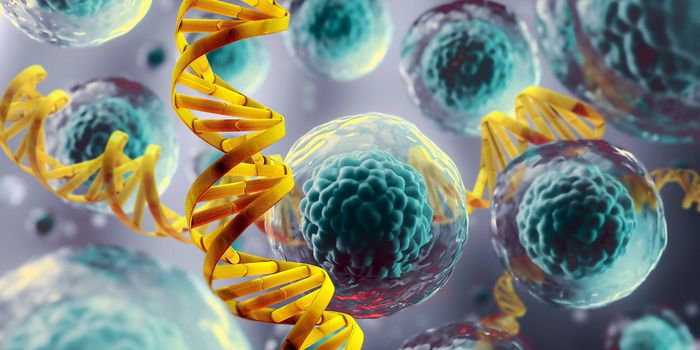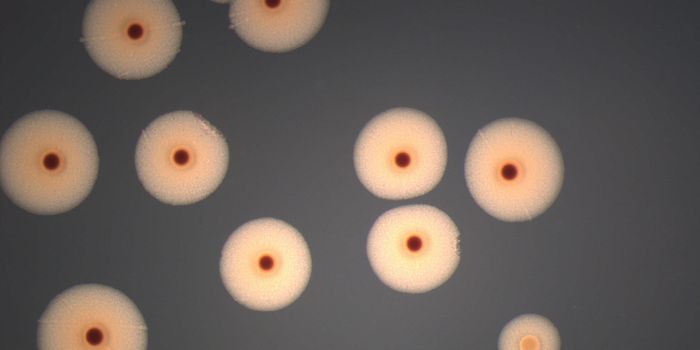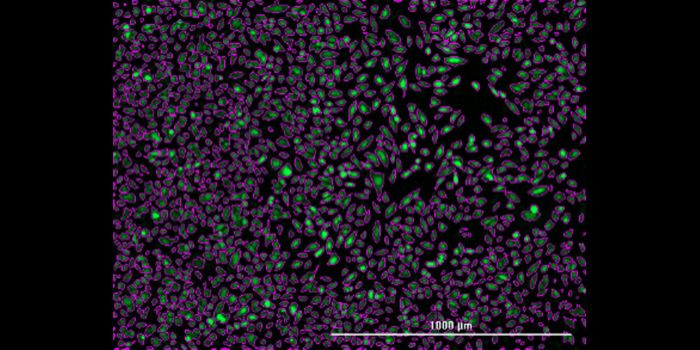How Gut Bacteria Can Trigger Zombie Viruses in Other Microbes
There's a microbial arms race going on all around us between germs and drugs, and among different types of microorganisms in nature. Bacteria have devised some sneaky ways to compete with other microbes. New research has shown that in some cases, bacteria can reactivate viruses that are lying dormant in the genomes of other cells. When that happens, an infection is triggered anew, apparently destroying the infected cells. The work revealed that a molecule called colibactin is responsible for the viral reanimation. The findings have been reported in Nature.
While it's not uncommon for bacteria to produce toxins that can destroy other bacteria, colibactin is unusual because it doesn't kill its targets directly, said study leader and Howard Hughes Medical Institute Investigator Emily Balskus, a chemical biologist at Harvard University, .
Colibactin has long been known to disrupt cells by damaging DNA, and it's linked to the development of colorectal cancer. Balskus and her team have been studying how bacterial cells make colibactin, and how the compound interferes with the double helix of DNA. They began to wonder how colibactin impacted the gut microbiome, which is crowded with microbes.
They determined that when bacteria that produce colibactin are exposed to other bacteria that don't make the compound, not much happens. But the compound is big, and the researchers suspected that it might be too large to enter a bacterial cell to have an impact.
Additional work showed that if colbactin-producing bacteria are grown with bacteria that are infected with latent viruses, there is a surge in viral levels, and many of the infected microbes die. This seemed to show that colibactin could trigger these latent infections. The team discovered that while colibactin actually does enter bacterial cells and disrupt DNA, the genetic damage awakens dormant viruses.
While this mechansm seems to be rare, since this is an arms race, some microbes have found ways to evade the effects of colibactin; the researchers found that there is a resistance gene.
Balskus noted that colibactin can be very dangerous, but it's more than just a lethal weapon. DNA damage as well as viral infections can cause genetic changes in microbes that might end up benefiting colibactin-producing bacteria. Cancer may also simply be an unintended side effect of the compound. The researchers plan to investigate the cancer connection further.
"We always suspected that bacteria made this toxin to target other bacteria in some way," said Balskus. "It didn't make sense from an evolutionary perspective that they acquired it to target human cells."
Sources: Howard Hughes Medical Institute, Nature









